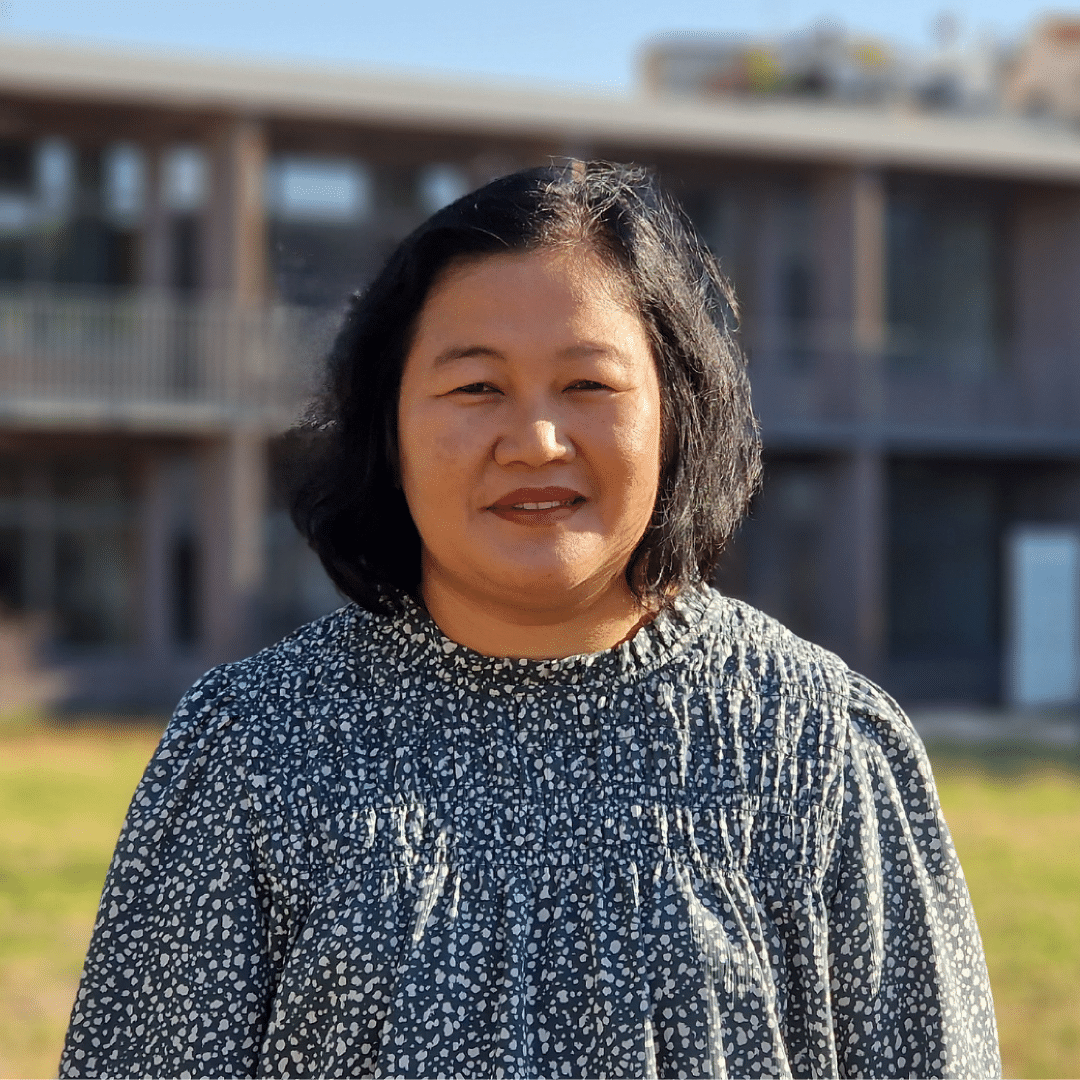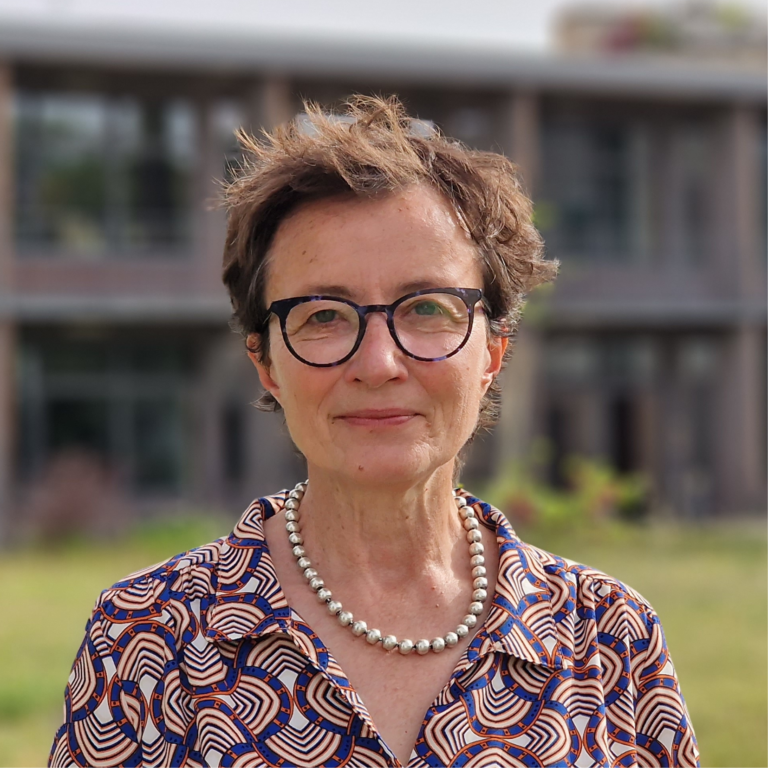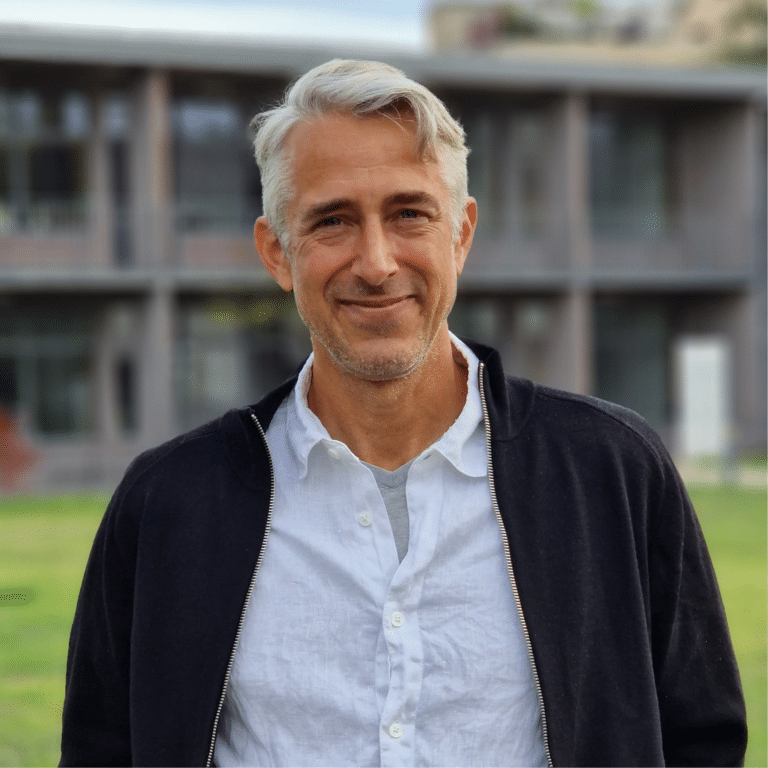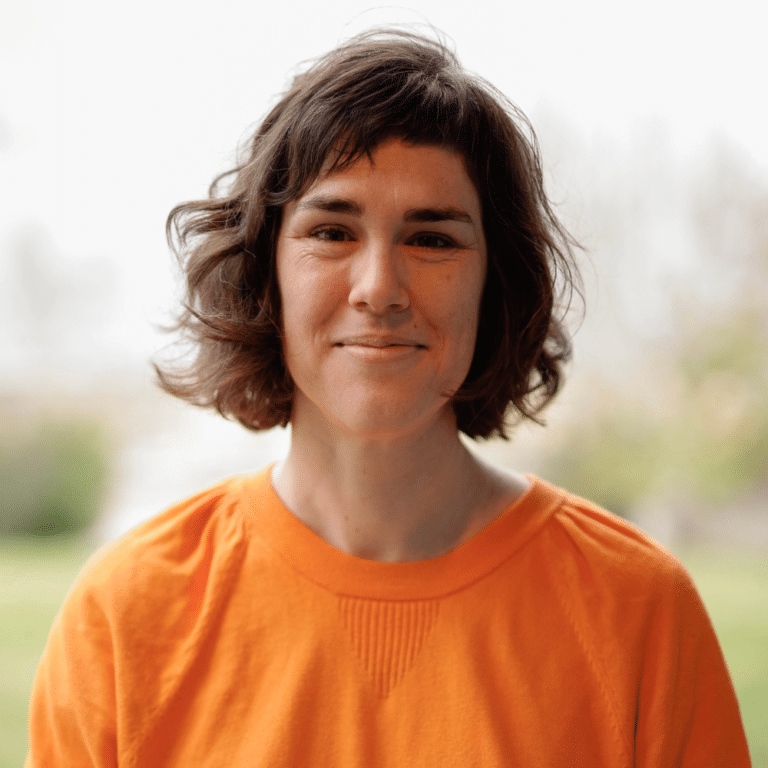Research project
The Closed Loop System of SWM as a Part of Enhancing Responsible Consumption
Summary of the research project
The main objectives of I Dewa Ayu Agung Warmadewanthi’s research project at Iméra are as follows: to investigate the dominant factor for increasing the rate of solid waste recycling through community-based participation, to improve the closed-loop system of waste banks, and to enhance the sustainability of solid waste management.
Transition to a Circular Economy in Solid Waste Management
The United Nations’ Sustainable Development Goals (SDGs) recognize that unsustainable patterns of production and consumption threaten the present and future generations’ lives and livelihoods. To achieve a prosperous and sustainable future, we must shift from the current linear resource management models to a more resource-efficient circular economy (1-2). Projections for future waste generation (3) estimate that Southeast Asia will become the second-largest waste producer by 2100. Indonesia, strategically positioned in Southeast Asia, faces significant challenges in solid waste management. Urban population growth and changing lifestyles, especially during and after the COVID-19 pandemic, have exacerbated these challenges.
Research conducted in the Surabaya metropolitan region (Java) indicates that total waste generation has increased in medium and high-income communities. There has also been a significant change in waste composition, with plastic waste representing up to 23% of household waste.
Indonesia has developed an ambitious roadmap for solid waste management: the National Policy and Strategy for Solid Waste Management Systems 2017-2025, which aims to drastically improve waste reduction and recycling nationwide. However, there are significant gaps, as shown in the 2019 analysis by the Ministry of Public Works (5): the recycling of valuable materials is very low, at only 5%, while 90% of all solid waste is openly dumped or landfilled without proper covering, becoming significant greenhouse gas emitters, especially methane. Indonesia’s new solid waste management goals include a 30% reduction in waste compared to the 2017 baseline and an overall treatment rate of 70% by 2025, posing enormous socio-technical challenges. However, recycling activity has significantly decreased during the pandemic, especially in the informal sector, which plays a vital role in urban Indonesia’s recycling.
One critical initiative in the informal sector that significantly impacts community-based recycling activities is the establishment of waste banks. Waste banks (bank sampah) are community-based waste management strategies that transform waste into wealth. The fundamental idea behind a waste bank is that it functions like a savings account in a real bank. The waste bank serves as a collection point for recyclable and/or reusable waste with economic value. Waste that has been sorted into different types can be deposited and saved as it holds economic value. Individuals wishing to deposit their waste in a waste bank must sort it beforehand. Waste sorting for waste banks is also an educational process for urban households, encouraging them to manage waste more sustainably. Waste banks are part of the implementation of the circular economy by efficiently directing recyclable waste to the recycling sector.
Previous research has shown that recycling from waste banks is linked to the informal recycling sector. Waste banks cooperate with the informal sector, such as small or large-scale solid waste recycling businesses. Additionally, the informal sector has its collection system. Therefore, waste banks do not need to provide a solid waste collection system. Households voluntarily bring their waste to the nearest waste bank, and small and large-scale recycling businesses regularly collect waste from the waste bank units.
These businesses then sell the recyclable solid waste to industries, primarily the plastic and paper industries, creating a reciprocal relationship between waste banks, small and large-scale businesses, and recycling industries, forming a closed-loop system (SBF) (6).
Based on these activities, waste banks contribute to achieving SDG 12 concerning responsible consumption patterns. However, it is necessary to support the system to make it more accessible and appealing to communities. Due to the COVID-19 pandemic, many waste banks were closed, significantly impacting solid waste management at the city level.
Several methods need to be developed to consolidate interdisciplinary knowledge on how to improve the closed-loop system towards achieving SDG 12. Currently, in the East Java province, there are innovations to improve recycling by implementing the digital waste bank system developed by the ITS. However, the efficiency of this digital system requires further detailed analysis.
Transition to a Circular Economy in Solid Waste Management
In response to the challenges of waste management, Indonesia has witnessed the emergence of waste banks (bank sampah) as an innovative community-based waste management strategy. The concept of waste banks resembles that of a savings account in a real bank, where waste with economic value is collected, sorted, and saved. This system not only promotes recycling but also serves as an educational tool for urban households, encouraging them to adopt sustainable waste management practices.
One significant finding of I Dewa Ayu Agung Warmadewanthi’s research is the strong link between waste banks and the informal recycling sector (IRS). Waste banks collaborate with small and large-scale recycling businesses, which efficiently collect recyclable waste from the waste bank units. These businesses then supply recyclable materials, such as plastic and paper, to industries, completing the recycling process.
The community-based approach of waste banks aligns with the vision of SDG 12 concerning responsible consumption patterns. However, there are challenges in making the system more straightforward and appealing to communities. The impact of the pandemic on waste banks has emphasized the need for support and innovation in solid waste management.
I Dewa Ayu Agung Warmadewanthi’s research project at Iméra has dual objectives. Firstly, the research aims to identify the predominant factors that increase recycling rates through community participation. By understanding these factors, the closed-loop system of waste banks can be improved, contributing to the sustainability of solid waste management systems.
Secondly, the study seeks to develop a viable strategy that can be implemented in developing countries, especially in metropolitan areas facing significant solid waste management issues. By focusing on community-based recycling activities and the role of waste banks, the research aims to find sustainable solutions in line with SDG 12.
To achieve these objectives, I Dewa Ayu Agung Warmadewanthi’s research uses in-person and phone interviews as the primary data collection tools. These interviews target waste bank management, waste bank users or clients, and informal recycling businesses. By understanding the mechanisms of the system and the roles of stakeholders in the closed-loop system of solid waste recycling, the research can identify improvement opportunities.
Additionally, a Geographic Information System (GIS) is used to map the locations of waste banks and other relevant sampling points. This approach allows for visualizing the urban metabolism and understanding the entire solid waste management system in the metropolitan area, including the flow of waste to and from waste banks.
Furthermore, I Dewa Ayu Agung Warmadewanthi’s research project explores the implementation of a digital waste bank system developed by the ITS in the East Java province. Evaluating and improving this digital system will help determine its effectiveness and potential for increasing recycling rates. Ultimately, the research aims to provide valuable knowledge and strategies that can propel Indonesia and other developing countries towards responsible consumption patterns and a more sustainable future.
Biography
I Dewa Ayu Agung Warmadewanthi is Associate Professor, she has a higher degree of experience in training and research activities; coupled with experience at the senior institutional level as the Secretary of Department of Environmental Engineering, Head of the Department of Environmental Engineering, Vice Dean of Civil Engineering, and Planning Faculty of ITS from 2016-2017, and Dean of Faculty of Civil, Environmental and Geo-Engineering during 2017-2019, and from 2020-now the position as a Head of Research Centre for Infrastructure and Sustainable Environment, ITS.
For research capability, she has many research collaborations for solid waste and wastewater treatment and management. She has participated in the ORVA2D research program (Mathieu Durand), funded by AFD research, and participated in the closing ORVA2D international conference in Paris in 2017.
In collaboration with IRD, she has participated in the international workshop on SWM organized by the JEAI “Recycurbs-Viet” (Sylvie Fanchette) Hanoi in 2018.




